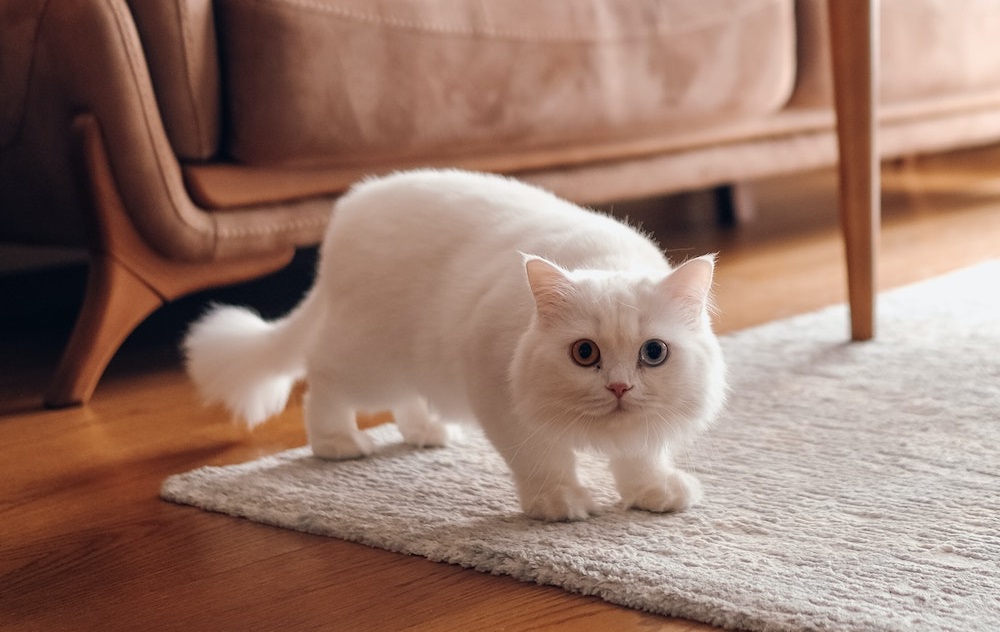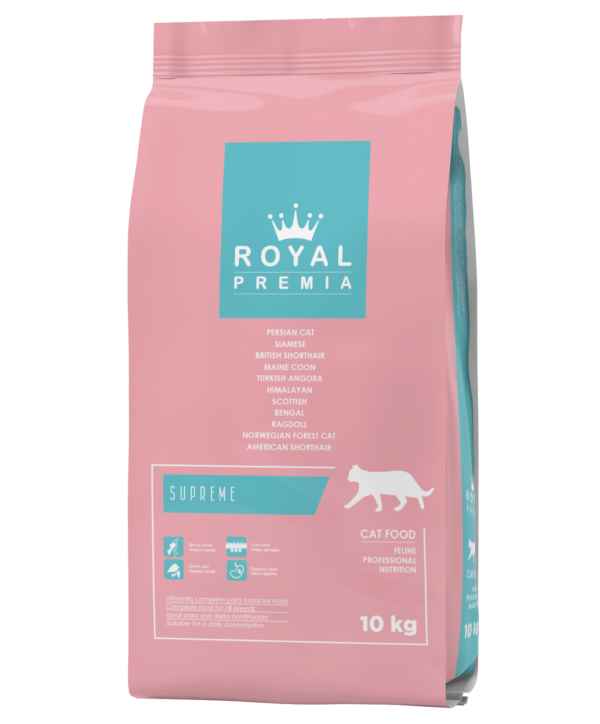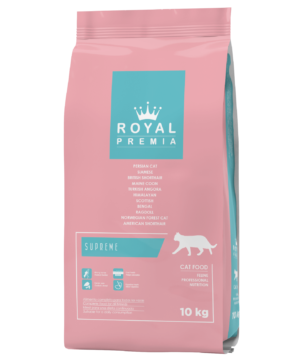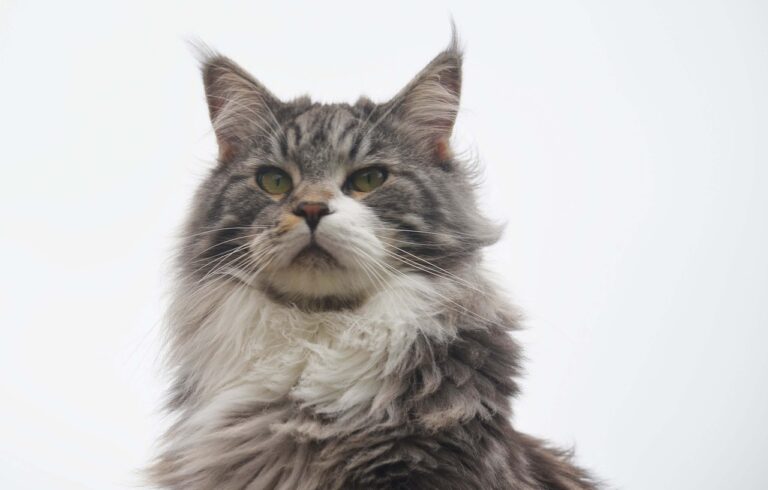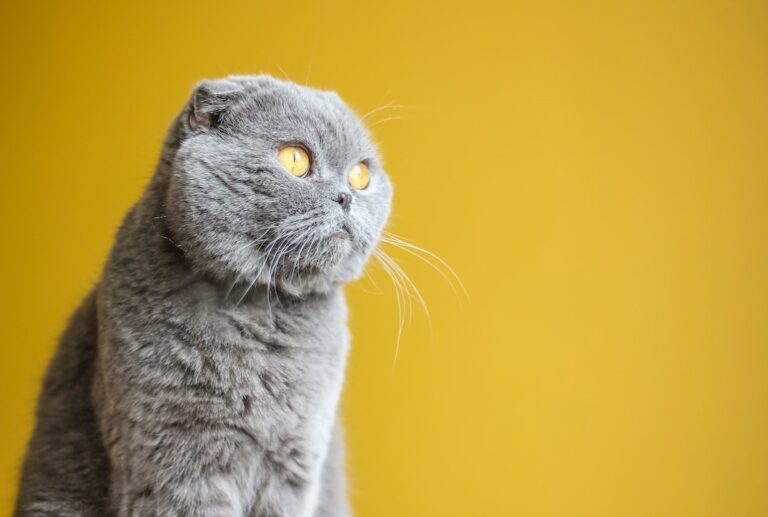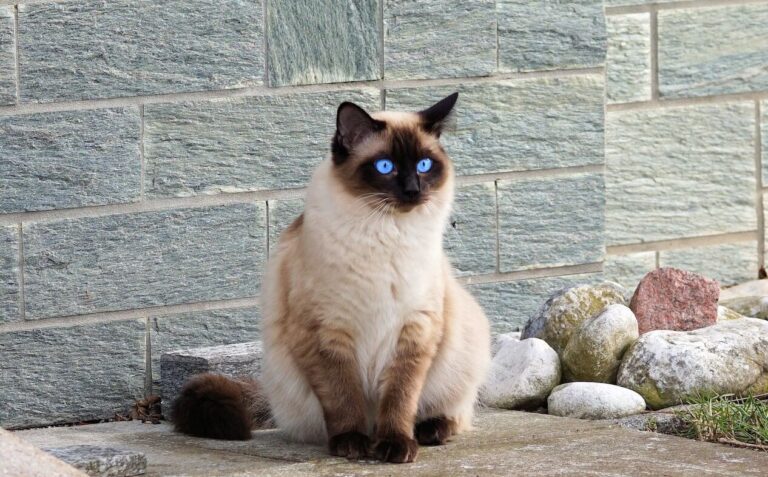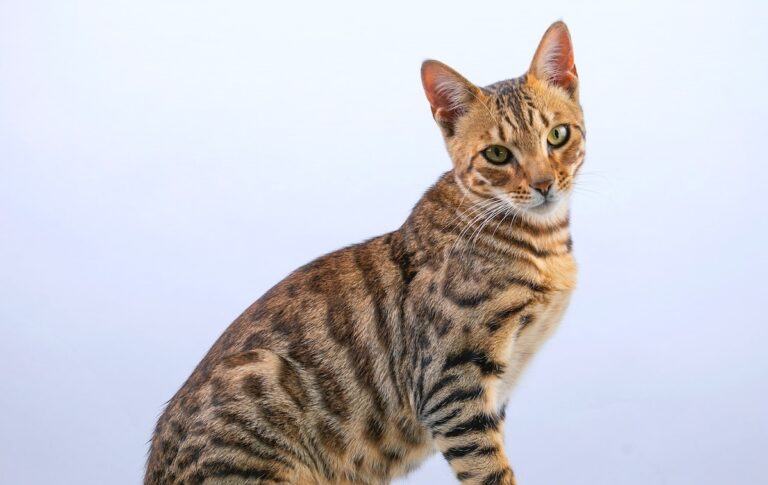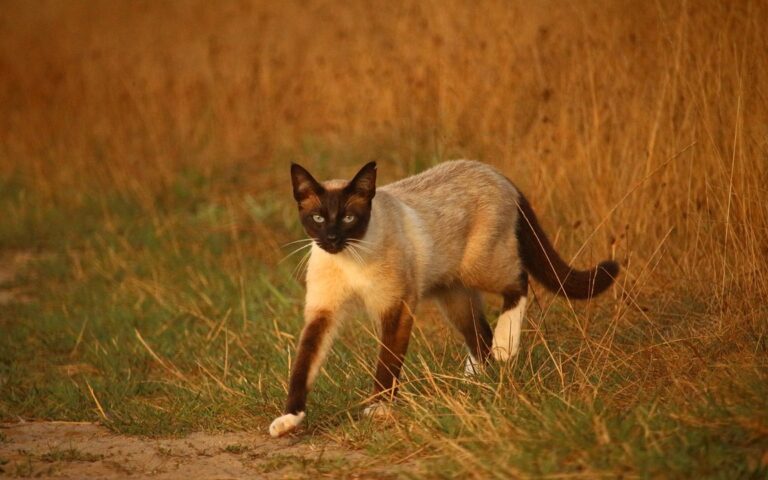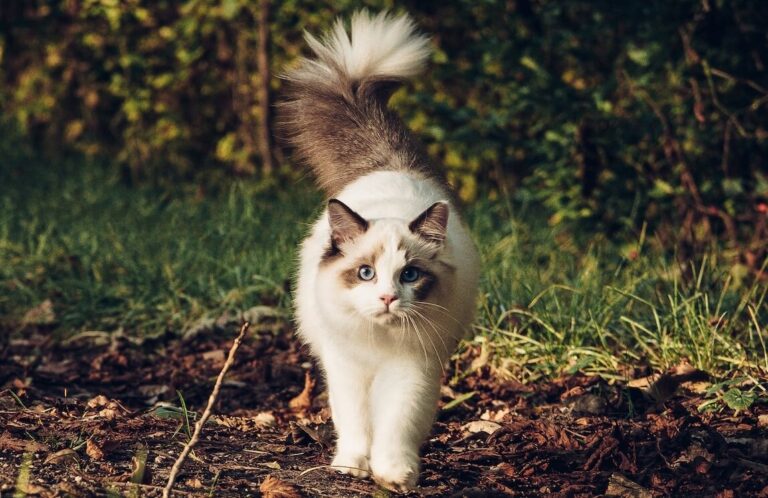Munchkin Cat
The Munchkin cat is a unique and charming breed known for its unusually short legs. These delightful felines have captured the hearts of cat lovers worldwide with their playful nature and endearing appearance.
In this, we will explore the characteristics, care requirements and temperament of Munchkin cats, shedding light on why they have become such beloved companions.
| sized | Medium |
| Weight | 2.7 to 4.1 kg (6 to 9 pounds) |
| Lifespan | 12 to 16 years |
| Coat Types | Short-haired and long-haired varieties |
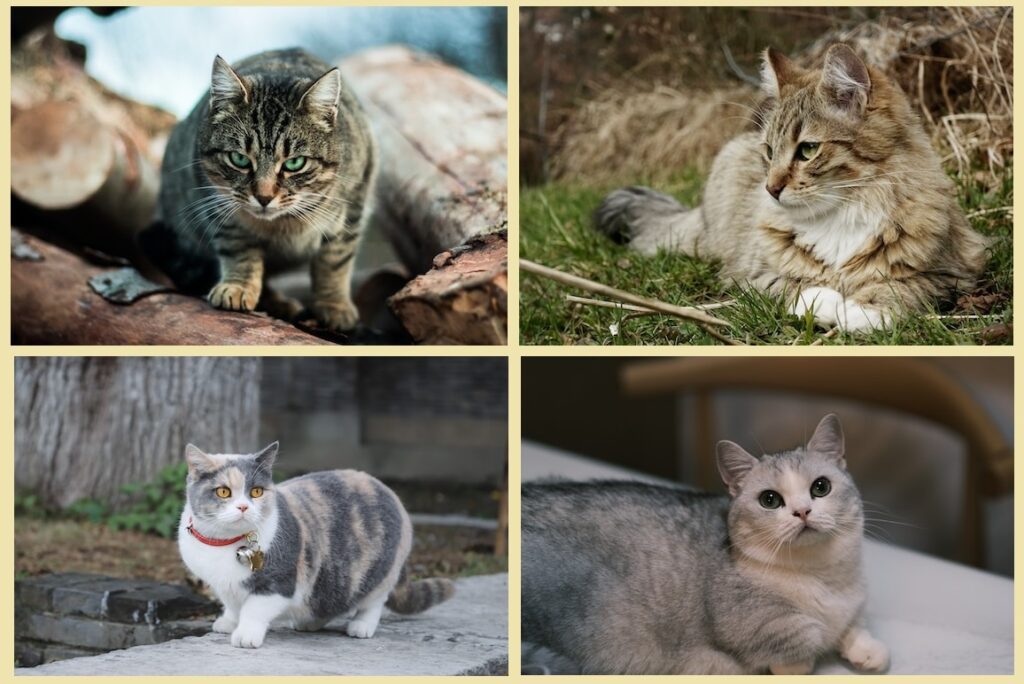
Appearance
Munchkin cats are characterized by their short legs, which are a result of a naturally occurring genetic mutation. Despite their diminutive stature, they possess a well-proportioned body, muscular build and come in various coat colors and patterns. Their eyes are expressive and can be any color, further adding to their captivating appearance.

Temperament and Personality
Don’t let their short legs fool you, Munchkin cats breed are a full of energy and love to play. They are known for their mischievous antics and can often be found engaging in playful activities, chasing toys or even playing a game of “hide and seek.” Their outgoing and sociable nature makes them excellent companions for families, including children and other pets.
Despite their playful demeanor, Munchkins are also known for their affectionate and loving personalities. They enjoy being around their human companions and are often found cuddling or seeking attention. Munchkin cats thrive on human interaction, so providing them with ample love and attention is crucial for their overall well-being.
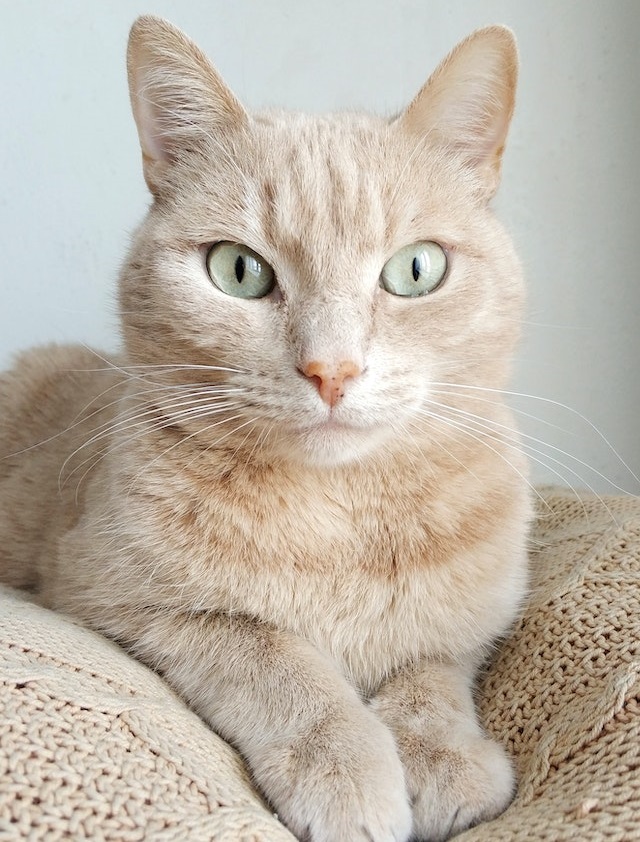
Care and Health
The care requirements for Munchkin cats are similar to those of other feline breeds. Regular grooming sessions to maintain their coat’s cleanliness and health are necessary, especially if they have a long-haired coat. Brushing their teeth regularly and trimming their nails is also essential.
As with any cat, a nutritious diet is crucial to keep Munchkin cats healthy and maintain their overall well-being. Consult with your veterinarian to determine the best diet plan and feeding schedule for your furry friend. Regular veterinary check-ups and vaccinations are also important to monitor their health and detect any potential issues early on.

The Controversy
It is important to note that the Munchkin cat breed has faced some controversy due to the concerns raised regarding their genetic mutation. Critics argue that the short legs can potentially lead to health issues and compromise the cat’s mobility. However, proponents of the breed assert that Munchkin cats are generally healthy and face no significant limitations in their everyday lives.

Munchkin Cat Diet
Both wet and dry cat food can be suitable for Munchkin cats. Wet food provides hydration and can be beneficial for cats who don’t drink enough water. Dry food helps maintain dental health and can be convenient. Some cat owners opt for a combination of both, providing a balanced diet.
Royal Premia Cat Food for Munchkin Cat
-
Basic Adult Dry Cat Food 2kg and 10kg All Breeds
-
Supreme Dry Cat and Kitten Food 2kg and 10kg All Breeds
Breed Overview
The Munchkin cats breed are undeniably captivating creatures with their short legs and playful personalities. While controversy exists around their breeding, responsible breeders prioritize the overall health and well-being of these felines.
If you are considering adding a Munchkin cat to your family, ensure you acquire one from a reputable breeder and provide them with a loving environment. With proper care, a Munchkin cat can be a joyful and delightful companion, adding a touch of charm to your household.
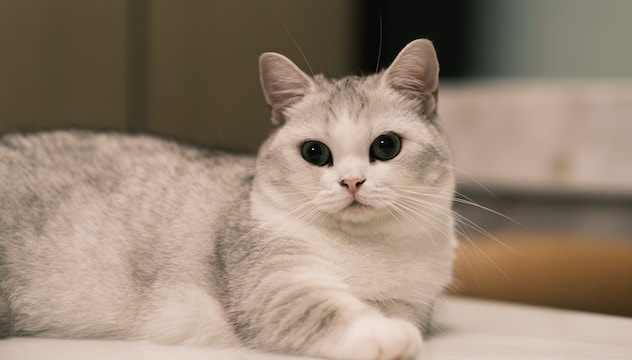
Munchkin Cat Frequently Asked Questions
Can I show a Munchkin cat in cat shows?
Yes, Munchkin cats can be shown in cat shows that recognize the breed. However, it’s important to familiarize yourself with the specific breed standards and requirements set by the organizing association.
Do Munchkin cats have any restrictions or limitations due to their short legs?
Munchkin cats may have some limitations when it comes to jumping heights or accessing high surfaces. However, they are generally agile and active, adapting their movements to their unique body structure.
Can Munchkin cats go outside?
It is generally recommended to keep Munchkin cats indoors to protect them from potential dangers such as traffic, predators and disease. If you want to provide them with outdoor access, consider creating a secure and supervised outdoor enclosure or “catio” where they can safely enjoy the fresh air.

